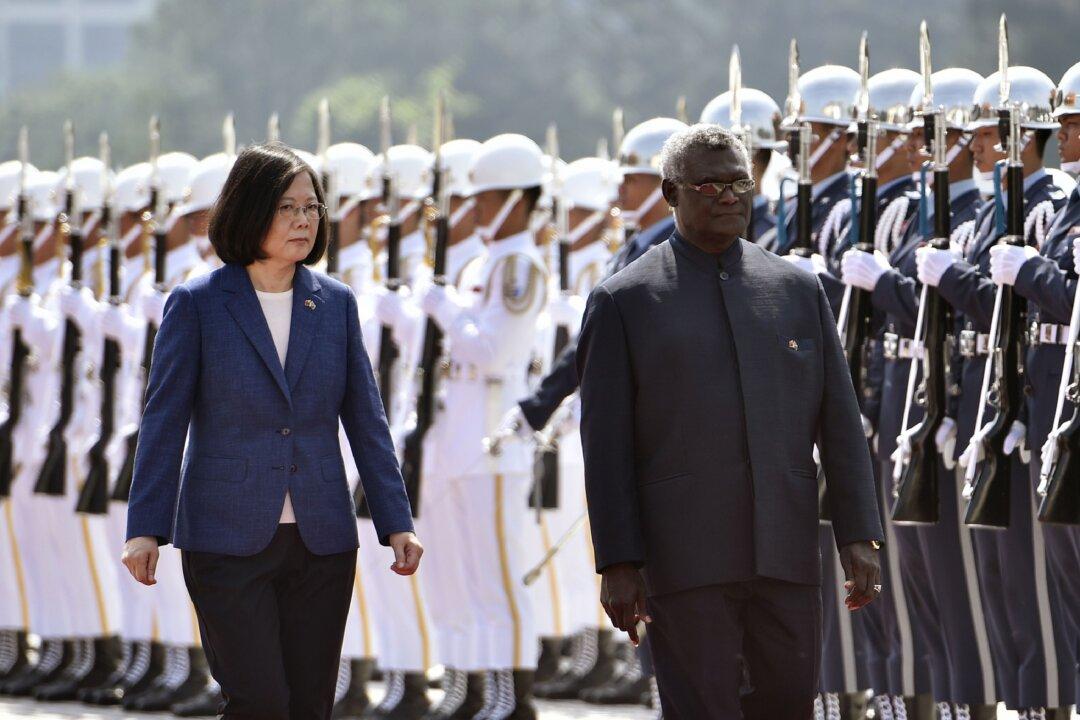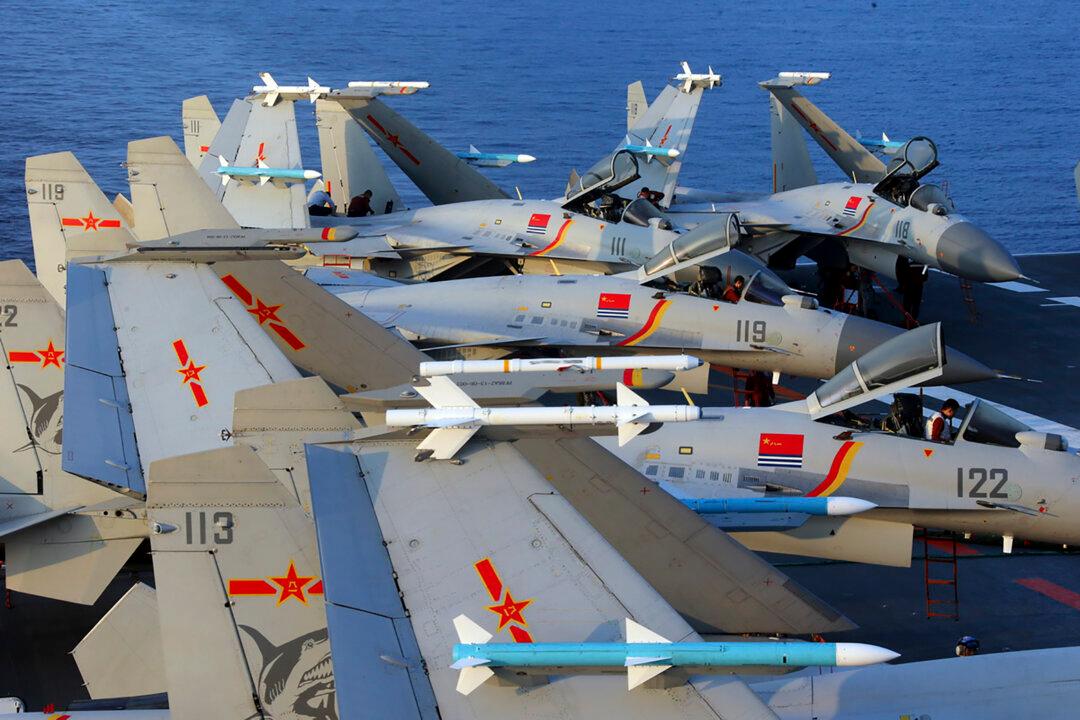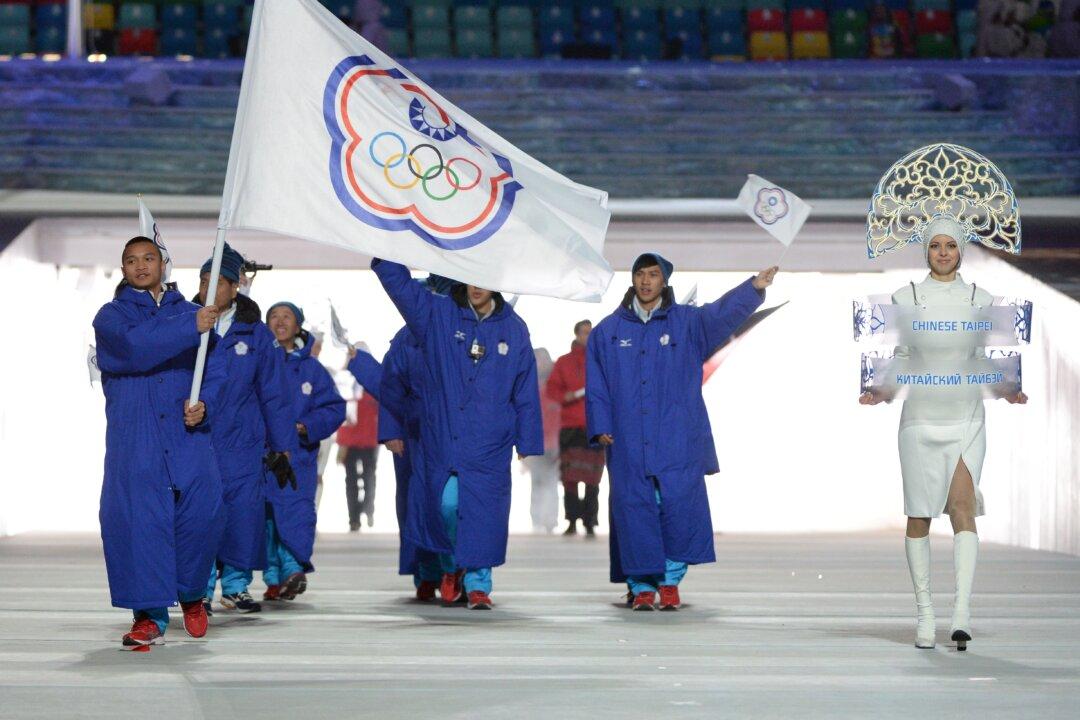The Chinese regime’s increasing involvement in the Pacific Islands region is squeezing Taiwan’s already limited international space while also posing security challenges to the United States and its allies Australia and New Zealand, a Congressional report says.
The Pacific Islands—a region in the vast Pacific Ocean that contains 14 countries, 7.7 million square miles of space, and the U.S. territories of Samoa, the Northern Mariana Islands, and Guam—tend to receive less attention among observers of the Asia-Pacific.




